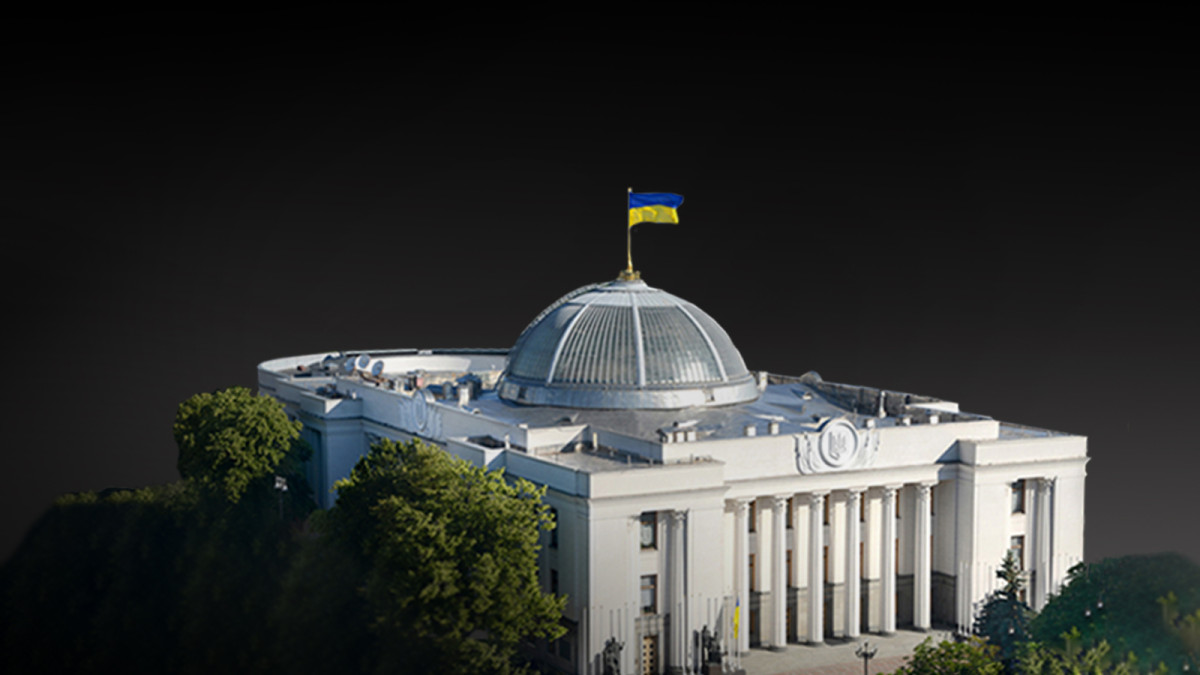

On December 4, the Verkhovna Rada failed to adopt draft law No.10242, but sent it for the second reading. We are convinced that instead of rectifying the shortcomings in the legislation, draft law No.10242 causes additional risks for the confiscation of property of corrupt officials, access to information, and protection of whistleblowers. Transparency International Ukraine calls on MPs not to consider this draft law!
On November 28, a proposal to restore the possibility of confiscating property as a punishment if a person concluded a plea agreement was added to draft law No.10242, aimed at establishing criminal liability for unauthorized interference, sale, or distribution of information processed in public electronic registers. This need arose after the Law on Deprivation of State Awards for Popularization or Propaganda of an Aggressor State came into force on November 21, which mistakenly excluded this possibility from Article 77 of the Criminal Code of Ukraine.
We are convinced that the renewed attention to this draft law No.10242 is unjustified and even harmful because the current version causes risks in two important aspects.
1. The improvement of the mechanisms of confiscation under agreements proposed by the draft law is incomplete. The prescribed provisions do not change the basic approach to confiscation of property as a punishment, and in general, the wording of these provisions is ambiguous and may further cause additional inaccuracies in the interpretation by judges.
This mechanism will not ensure the confiscation of all criminal assets of a person because the confiscation of property as a punishment will be applied only to the property of the convicted person. In addition, it is more appropriate to provide for the possibility of applying confiscation not only in cases where it is expressly provided for in the sanction of the article. We are convinced that to rectify the situation, more attention should be paid to special forfeiture. After the adoption of this draft law, MPs will not be able to achieve the main goal for which it was reintroduced.
2. The draft law contradicts the existing guarantees for the protection of whistleblowers and might undermine this tool, as well as the protection of the right of journalists not to disclose their sources of information. According to the proposed provisions, the dissemination of confidential information from state registers, as well as the use of such data in the preparation of journalistic materials, will become grave crimes. Accordingly, they will provide opportunities for law enforcement officers to legally monitor journalists and whistleblowers and initiate criminal cases against them.
This causes issues in ensuring freedom of speech, since most of the journalists’ investigations rely on evidence from whistleblower sources who have access to non-public databases. We are convinced that MPs should not enhance the punishment, but, on the contrary, provide for an exemption from liability for whistleblowers of socially necessary information, including state secrets, under Articles 361, 361-2, 328 of the Criminal Code.
Thus, even when reconsidered in the session hall, draft law No.10242 may become a very unsuccessful attempt by MPs to correct their mistakes, and instead cause a number of equally critical shortcomings. Currently, two more draft laws have been registered in the Verkhovna Rada, proposing to solve this unfortunate mistake. In particular, draft law No.12269 developed by Anastasia Radina and others is better in terms of restoring the possibility of confiscating the property of corrupt officials, although it needs to be finalized as well.
Transparency International Ukraine calls on MPs not to focus on risky legislative norms, but to pay attention to the mechanisms of special forfeiture of assets, as we recommended earlier, and provide for an exemption from liability for whistleblowers of socially necessary information.
Transparency International Ukraine calls on MPs not to focus on risky legislative norms, but to pay attention to the mechanisms of special forfeiture of assets, as we recommended earlier, and provide for an exemption from liability for whistleblowers of socially necessary information.






